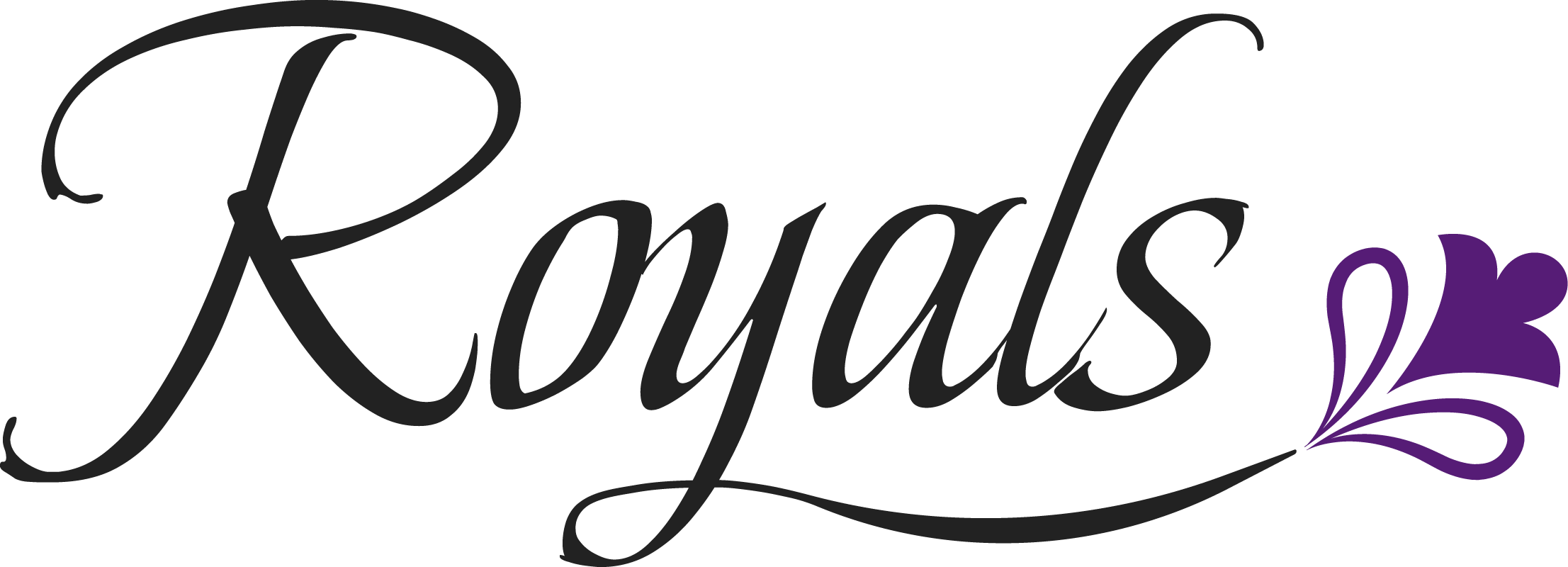
Prince Harry Conducted ‘Loyalty Tests’ on Palace Staff: His Paranoia Got ‘Significantly Worse’ After Meghan Markle Arrived, Author Claims
Prince Harry reportedly would conduct “loyalty tests” on the palace staff, according to author Valentine Low. Harry’s paranoia about the media became worse when he started dating Meghan Markle, Low claims.

Prince Harry had an ‘obsession with the media,’ author says
Low, author of the book Courtiers: the Hidden Power Behind the Crown, shared the details of Prince Harry’s “obsession with the media” during an appearance on Good Morning Britain.
According to Low, Prince Harry would test royal courtiers to ensure he was protected from media leaks. Low said it became worse when Harry started dating Meghan.
“This was brewing for a long time — this goes back to before Meghan,” Low explained on Good Morning Britain. “Harry had this obsession with the media … he distrusted a lot of courtiers, he distrusted the courtiers in the other households, and even those close to him, who worked for him.”
The author continued, “He used to set up loyalty tests. He was always saying, ‘Are you actually helping me or have you become one of them, one of the other people who don’t help me?'”
Low added, “He was quite unhappy. And he had this other thing about his shelf-life. He was obsessed with the idea that as he grew older, people just wouldn’t care about him anymore. Prince George would grow up and he would become the new thing. So Harry, who really wants to do stuff, he thought he had a very limited time in which he could do stuff.”
Author said Prince Harry’s ‘loyalty tests’ were ‘exhausting’ for staff
In an excerpt from the book published on The Sun website, Low wrote, “[Harry] would use this phrase the whole time, ‘the palace syndrome,’ when you won’t fight the battles he wants, because you have been institutionalized.”
The author continued, “Giving in to the media was a key symptom of whether you had developed it.”
Low explained how “exhausting” this became for the staff. “It was a constant test of loyalty: ‘Are you going to protect me? Or have you just become one of them, who won’t fight for me?’ It was exhausting,” the author wrote.
Harry’s media obsession was ‘significantly worse’ when he started dating Meghan Markle
Low further explained in his book how Harry’s paranoia surrounding the media appeared to become “significantly worse” when Meghan entered the picture.
“Harry’s obsession with the media; his sense of frustration that he wasn’t achieving everything that he could; his mistrust of the courtiers in the other households; the constant loyalty tests of his own staff: all of this was there before Meghan arrived on the scene,” Low wrote.
“But after she turned up, it would get significantly worse,” he added.
Low shared how the palace staff found it “difficult” to work for the Sussexes. “It was a very difficult experience for many of them,” the author noted. “Some people told me they were completely destroyed, they felt sick, they were shook.”
The author also shed some light on how Meghan provided a way for Harry to find a way out of the unhappiness of royal life. “Someone told me something incredibly interesting. They said, in a way that Meghan did Harry the greatest kindness,” Low said on Good Morning Britain.
“He was unhappy for his last couple of years of his working life … they, the courtiers, didn’t know what to do about it. And then Meghan comes along and she shows him a way out. In a way, that was the greatest kindness.”



